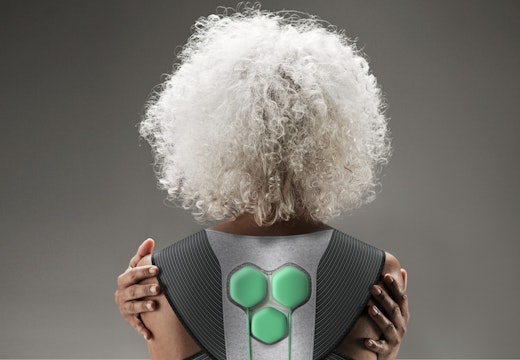Behar’s blueprint: ten principles of design for the age of AI
Do we need new design principles for the era of artificial intelligence, robotics and smart environments? Leading industrial designer Yves Behar believes we do
As the digital disruption of the workplace accelerates, making technology more human is becoming a strong counterpoint theme. But whereas design has numerous frameworks and principles for the industrial era, it has not hitherto formulated a new approach for the digital era – until now.
Industrial designer Yves Behar, a keynote speaker at WORKTECH West Coast conference held last autumn in San Francisco where his Fuseproject studio is based, has created a set of guidelines for how to design new technology-based products and services.
He argues that in the careful and compassionate hands of designers, technology can bring utopian outcomes; left to its own devices, technology can have dystopian effects. So he has set out ten design principles for the world of AI, robotics and smart environments:
- Solve an important human problem
- Be context specific
- Enhance human ability (without replacing the human)
- Work for everybody, everyday
- Be discrete
- Grow with needs and opportunities
- Build long-term relationships (without emotional dependency)
- Learn and predict human behaviour
- Accelerate new ideas
- Remove complexity from life
Yves Behar’s underlying message at WORKTECH West Coast was that ‘when technology fails, it breaks a social or relational code – design needs to lead technology, not the other way around.’








